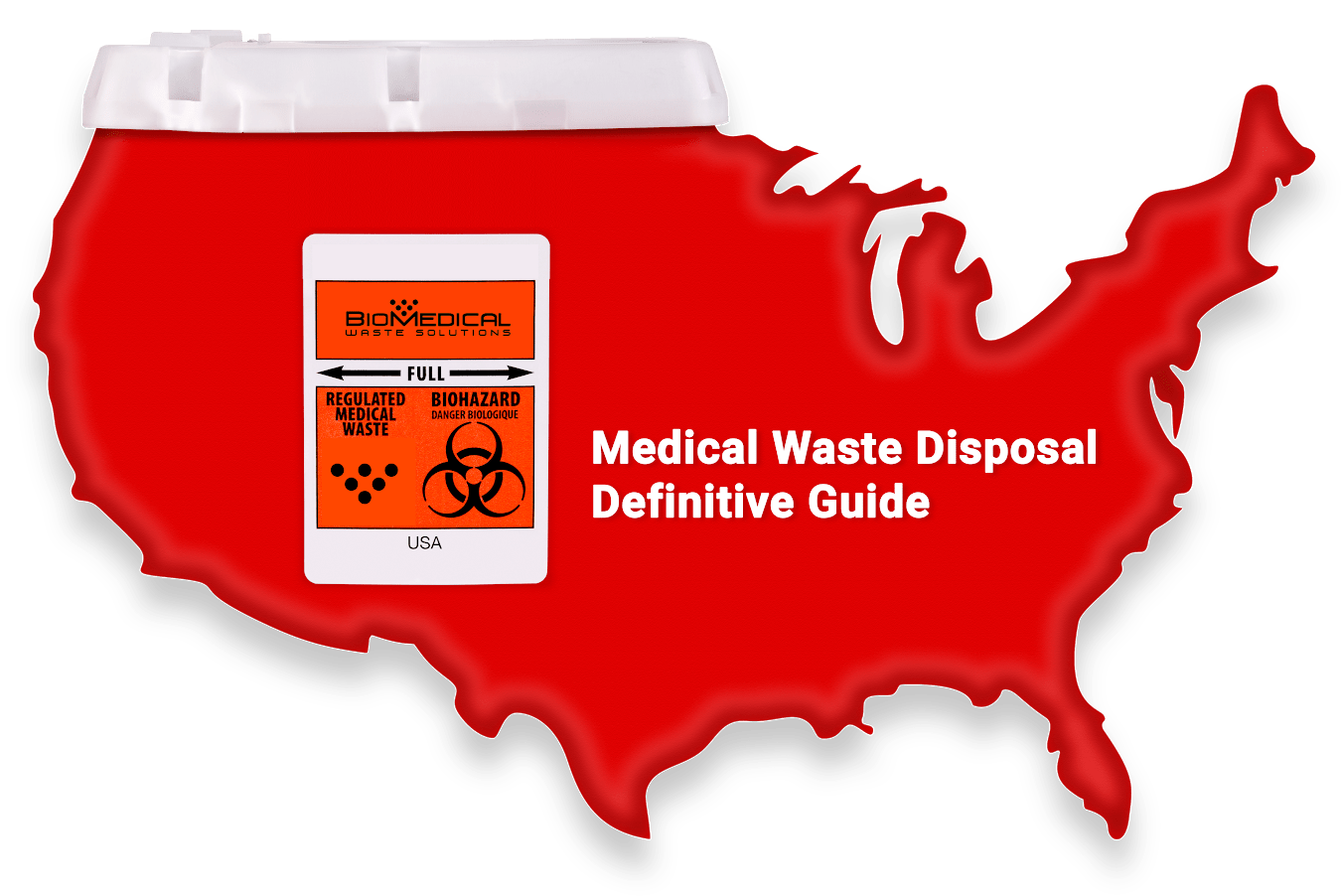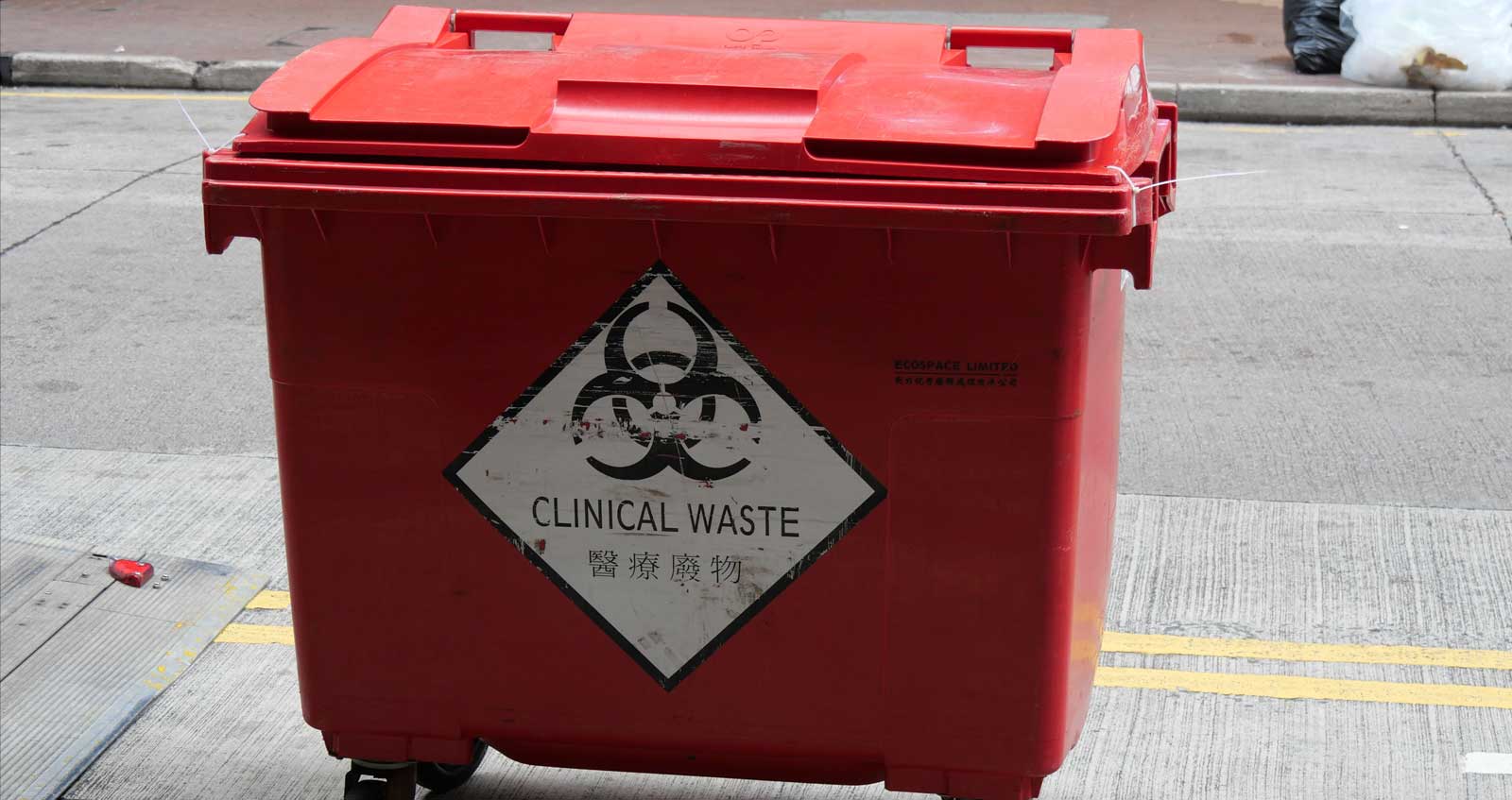Specialist Solutions for Health: Unveiling the Medical Waste Removal Service Advantage
Specialist Solutions for Health: Unveiling the Medical Waste Removal Service Advantage
Blog Article
The Importance of Proper Garbage Disposal Practices
The administration of waste is a critical aspect of environmental stewardship that usually goes undetected in our day-to-days live. Correct garbage disposal techniques are not simply an issue of comfort however are essential for securing our communities and public wellness. From the repercussions of inappropriate waste disposal on our environment to the long-lasting ramifications for future generations, the significance of taking on sustainable waste management methods can not be overstated. By discovering the environmental impact of reckless garbage disposal, the benefits of recycling initiatives, and the relevance of community interaction in waste reduction efforts, a deeper understanding of why correct garbage disposal methods are essential arises.
Environmental Effect of Improper Disposal
Inappropriate disposal of waste postures a considerable danger to the setting due to its harmful effects on ecological communities and human wellness. When waste is not properly managed, it can cause air pollution of the dirt, water, and air, triggering damage to different plant and pet species. click here. Chemicals and toxins from incorrectly disposed waste can leak into the ground, polluting groundwater sources and impacting the health of both wildlife and people
Moreover, the accumulation of waste in garbage dumps generates greenhouse gases like methane, adding to climate change and worldwide warming. Incorrect disposal methods also result in littering, which not only deteriorates the aesthetic worth of the setting however can also hurt wild animals through intake or complication.
To minimize these ecological impacts, it is essential for areas and individuals to adopt appropriate waste disposal methods such as recycling, composting, and liable contaminated materials disposal. By taking these actions, we can help safeguard ecosystems, maintain natural resources, and protect human wellness for existing and future generations.
Advantages of Recycling Programs
Consistently taking part in recycling programs uses numerous benefits for both the atmosphere and society in its entirety. One of the key advantages of recycling is the preservation of natural resources. By recycling materials such as paper, glass, metal, and plastic, much less resources require to be removed from the planet, resulting in decreased logging, mining, and exploration activities. This conservation of sources not just aids in keeping environmental equilibrium yet likewise contributes to sustainable development.
Moreover, reusing plays an important role in decreasing energy consumption and greenhouse gas exhausts. The production of goods from recycled materials generally needs much less energy contrasted to making from virgin resources - medical waste removal. Because of this, the carbon footprint connected with the production process is significantly lowered, aiding in the battle versus climate change
Furthermore, recycling programs produce task opportunities in the recycling industry, promoting economic development and social well-being. By encouraging the recycling and reuse of products, these programs sustain a round economy that minimizes waste generation and optimizes source effectiveness, ultimately resulting in a cleaner, greener future for generations ahead.
Contaminated Materials Management Standards
Executing efficient contaminated materials monitoring guidelines is vital for minimizing environmental and health threats associated with the improper disposal of unsafe products - click here. Appropriate handling, therapy, and disposal of unsafe waste are necessary to avoid contamination of soil, water sources, and air
One key guideline appertains labeling of contaminated materials containers to make sure secure handling and transport. In addition, facilities must stick to rigorous storage space needs to prevent leaks, spills, or crashes that could threaten human health and wellness and the atmosphere. Regular training programs for staff members on contaminated materials management techniques are additionally essential to guarantee conformity with policies and promote a society of safety.
Moreover, hazardous waste must be set apart based on its residential properties to stop chain reactions that could result in harmful scenarios. Executing an extensive waste radar can assist monitor the activity of hazardous materials from generation to disposal, ensuring transparency and responsibility. By adhering to these standards diligently, markets and businesses can contribute to a much safer and cleaner environment for existing and future generations.
Community Participation in Waste Reduction
To efficiently attend to the environmental and wellness threats related to contaminated materials management, engaging the neighborhood in waste decrease initiatives is paramount. Neighborhood participation plays an important function in advertising lasting waste management practices and promoting a culture of environmental responsibility. By informing residents concerning proper waste partition, recycling, and composting techniques, neighborhoods can significantly decrease the amount of waste sent to land fills, consequently reducing environmental contamination and conserving natural deposits.
Area participation in waste reduction programs also assists in increasing awareness concerning the value of waste minimization and encourages people to adopt environmentally friendly habits in their daily lives - medical waste removal service. Joint efforts between local authorities, waste administration companies, and area members can lead to the implementation of effective waste reduction methods customized to the particular requirements of each community or town
Moreover, community involvement cultivates a sense of possession and liability among citizens, empowering them to take proactive steps in the direction of decreasing waste generation and advertising a cleaner, much healthier atmosphere for current and future generations. By working with each other towards common waste reduction goals, areas can make a substantial influence on reducing the unfavorable impacts of inappropriate garbage disposal methods.

Future of Sustainable Waste Practices
The evolution of lasting waste techniques is important for progressing environmental stewardship and source preservation in the coming years. As the worldwide population continues to expand, so does the quantity of waste created (medical waste removal). Conventional waste disposal methods, such as landfilling and incineration, are no longer lasting in the lengthy term because of their significant environmental effects. Progressing, the future of sustainable waste methods depends on accepting a circular economic situation technique, where sources are reused, recycled, or repurposed to decrease waste generation.
Technological developments play a vital duty in shaping the future of sustainable waste practices. Advanced waste sorting and recycling innovations can assist improve the performance of waste administration processes, enabling the recovery of valuable sources from waste streams. In addition, the fostering of biodegradable materials and composting techniques can help in reducing the quantity of organic waste winding up in landfills, thereby mitigating greenhouse gas emissions.
Furthermore, promoting consumer awareness and education and learning on proper waste partition and disposal techniques is crucial for driving behavior modification towards sustainability. By fostering a society of waste reduction, recycling, and reuse, communities can jointly contribute to a cleaner and much healthier environment for future generations.

Conclusion
To conclude, proper garbage disposal methods are important for minimizing ecological impact and advertising sustainability. By applying recycling programs, managing hazardous waste appropriately, and encouraging community involvement in waste reduction initiatives, we can work towards navigate to these guys a cleaner and healthier setting. It is very important for governments, businesses, and individuals to focus on sustainable waste techniques for the future well-being of our world.

From the consequences of improper waste disposal on our setting to the long-term ramifications for future generations, the relevance of taking on sustainable waste monitoring methods can not be overemphasized. By exploring the environmental influence of reckless waste disposal, the advantages of reusing efforts, and the significance of area involvement in waste decrease efforts, a much deeper understanding of why appropriate waste disposal methods are crucial arises.
By educating homeowners regarding proper waste segregation, reusing, and composting techniques, areas can considerably reduce the amount of waste sent out to land fills, therefore minimizing ecological contamination and conserving natural resources. (click here)
Relocating forward, the future of sustainable waste methods exists in accepting a round economic climate method, where sources are recycled, recycled, or repurposed to lessen waste generation.
Advanced waste sorting and reusing technologies can aid improve the performance of waste administration processes, allowing for the recuperation of beneficial sources from waste streams.
Report this page